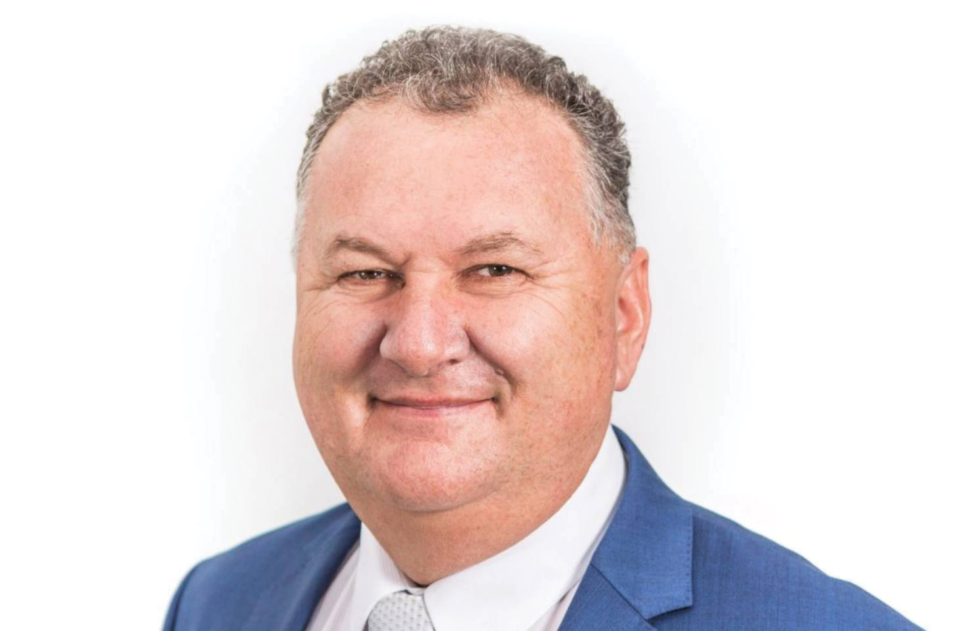By Shane Jones, former Labour MP and NZ First MP.
As the Covid virus continued to move through the community, another virus spreads across our political system. Just as there is ignorance about the exact origins of Covid, the public does not recall giving the Labour Party permission to impose its Treaty of Waitangi co-governance master plan. A dogma that thrives where visibility is weak, debates are shallow and agendas are murky.
Take for example the bog known as Three Waters, a reform designed to avoid a repeat of the 2016 Havelock North drinking water crisis.
Local Government Minister Nanaia Mahuta has a superior agenda in mind which will be in our best interests, not only for drinking water but also storm and wastewater – providing it goes through her Treaty purification plant.
The Government wants to forcibly transfer all our publicly-owned water assets into four jumbo corporations and then hand over 50 per cent control to iwi – a radical move from contaminated water to toxic politics.
According to the Government, this is necessary to satisfy Treaty articles of faith and accommodate the fractious iwi leaders collective, who should stick to their runanga knitting rather than whinging in Wellington.
Sadly iwi settlements are incomplete. However, for those that remain to be settled, a small group of bureaucrats in an office behind the Kaikohe Warehouse can graft away, wrapping up outstanding grievances such as the Nga Puhi claim.
It is high time to call time on how the Treaty of Waitangi is being dragged into policy areas where it is of dubious value, alienates people, and eats away the goodwill of past decades.
The Maori Party boasts that when choosing who to work with in the 2023 government, it will have to be Treaty-centric. No doubt we will recognise this ego-centricity when pigs fly by. It is essential that any further extension of Treaty statutory references and co-governance agendas be subject to an electoral mandate.
It is critical that the jurisdiction of the Waitangi Tribunal be reviewed and changed. It is no longer fit for purpose, it indiscriminately strays into matters where it lacks competence and adds no value. Whilst the legal truffle hunters may encourage it to be expansive, it is overdue a political pruning. In 2025, which will be in the next electoral cycle, the tribunal will have existed for 50 years. Why should it still exist and for what purpose?
Treaty co-governance is being grafted onto our political system without any public consent or informed debate. Labour did not seek the approval of the electorate in 2020 for this divisive agenda. Quite the opposite.
The well-being statistics for whanau remain woeful but the political leadership is pitiful.
Rather than deal to the Tribesmen gang, which now appears to own the Waikato Expressway, our Maori MPs encourage tribal ambitions to control the health system. The case for establishing a separate Maori Health Authority with budgetary veto powers has not been made. The same for the proposed Maori Education Authority.
No doubt these structural changes will lead to more statutory Treaty references which then leads to more litigation whilst the gang nephews run amok.
The pressing issues confronting the average rangatahi [the young] are very basic. Rather than tribalised Three Waters, they need three affordable staples, veges, meat and milk.
These whanau want practical results, not superficial linguistics where everything gets a Maori title but whanau circumstances don’t markedly improve. Kainga Ora is a case in point, where the Maori grammar is inversely related to the actual housing outcomes for Maori. Rather than indulging the Mongrel Mob tenants, put them in a tent until they learn to respect their neighbours.
Tiriti [treaty] co-governance is an artifice that will hobble economic activity and worsen statutory processes such as those in the Resource Management Act. A developer’s death-trap bogged down with red-tape, surrounded by loose hapu [sub-tribes] cannons that threaten to spike economic development unless their two cents worth is handsomely paid for. Consultation is a part of democracy, however, it needs to be tightly defined and not allowed to morph into either green or brown mail.
The Three Waters project is doomed to fail because it is not sustainable in our democracy for a $185 billion public utility programme to be 50 per cent controlled by iwi [Crown-recognised Maori authorities]. These are public assets, not tribal baubles.
The current Government can shroud its agenda with artfulness but the result will be the same. Any iwi co-governance legislation it arrogantly forces through Parliament will be undone by a future government.
Such a government should be formed on the clear basis that there will never be political privileges such as the iwi co-governance plot. LG



